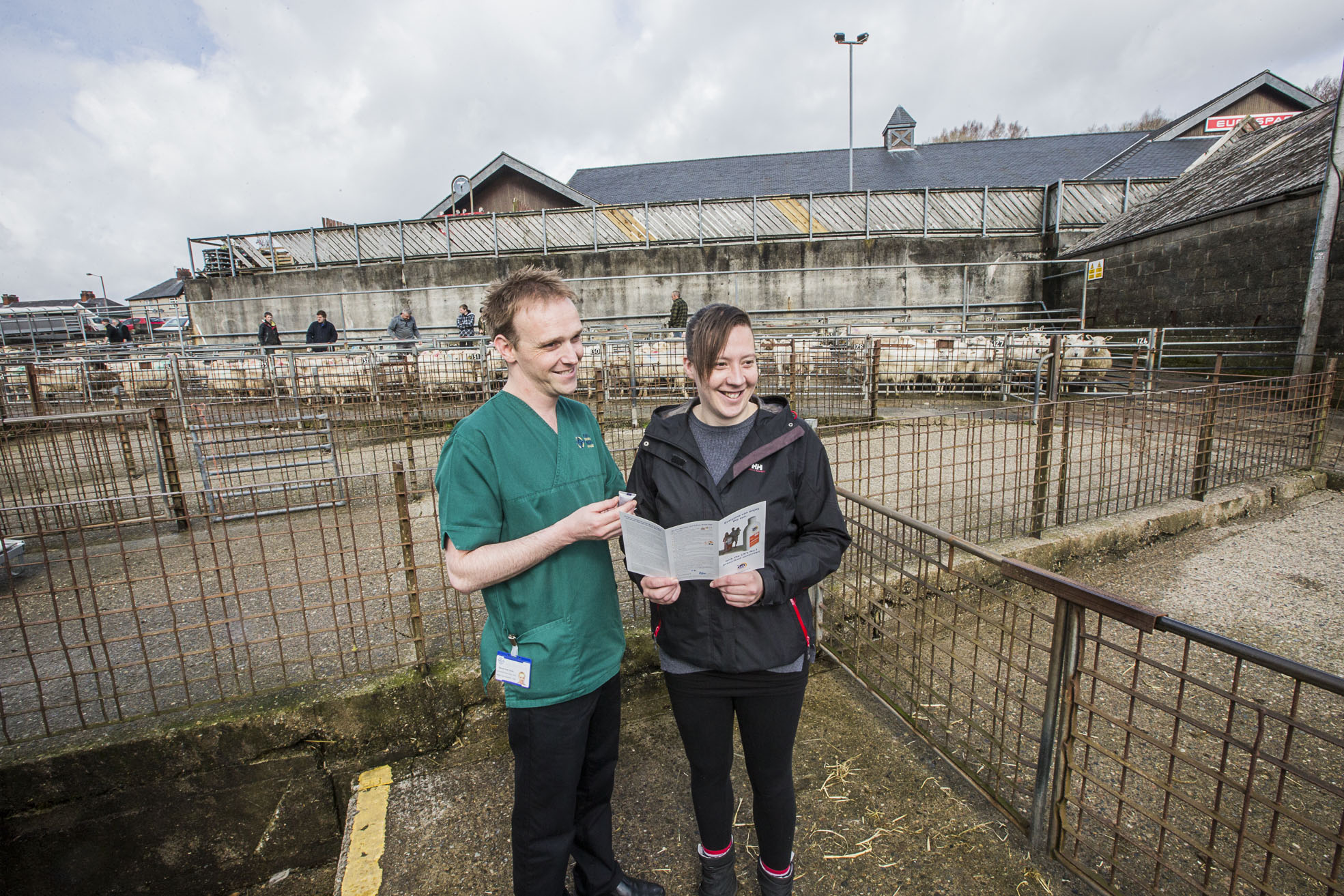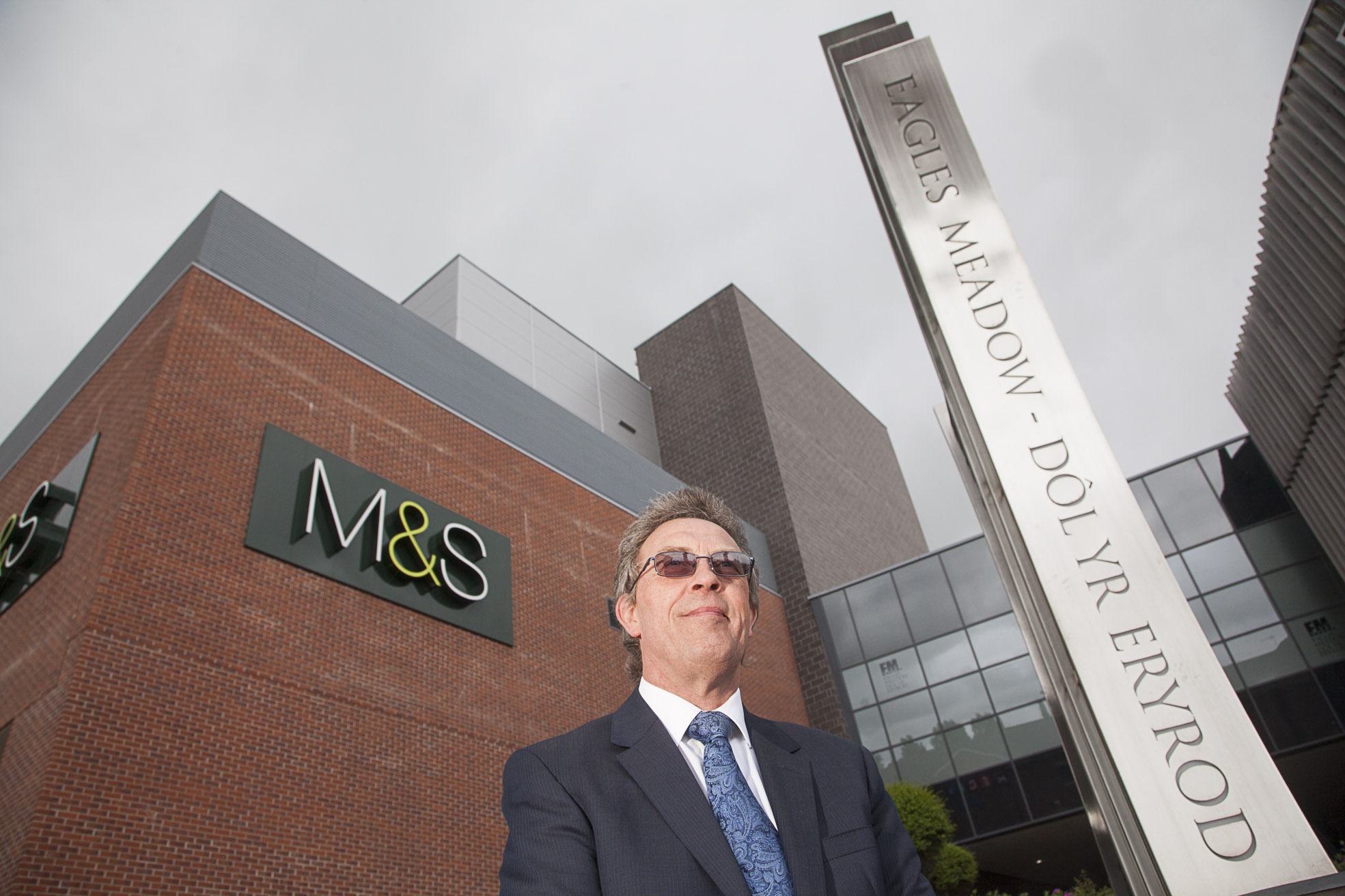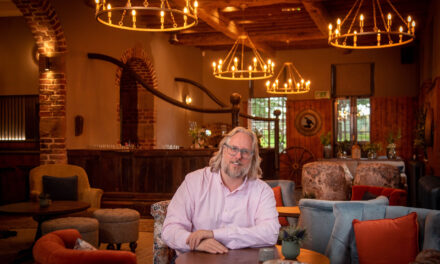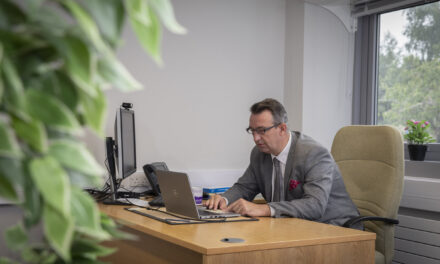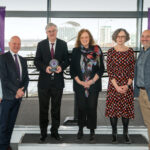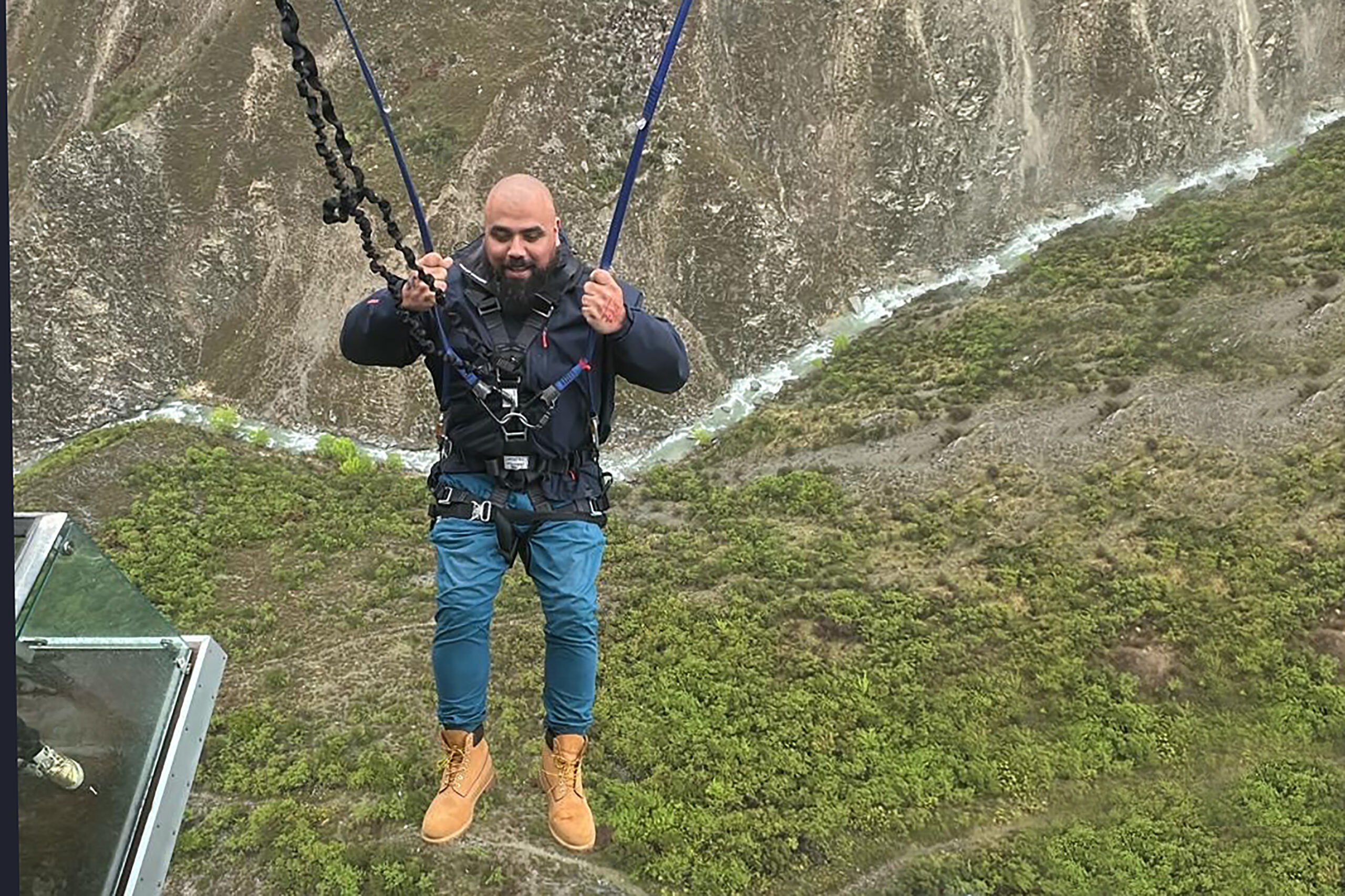A healthcare assistant has landed a top award for his work tackling men’s health issues in rural communities across North Wales.
Steven Evans-Jones was named Healthcare Assistant of the Year in the 2016 RCNi Nurse Awards in London.
He was praised for his work with Betsi Cadwaladr University Health Board’s health promotion team, visiting far flung communities to talk to farmers about sun dangers and skin care, firemen and policemen about prostate issues and college students about testicular cancer or the risks of meningitis.
The award was a “huge honour” said Steven, who worked as a hairdresser, entertainer and special needs worker before retraining and finding his vocation as a healthcare assistant at Dolgellau and Barmouth Hospital.
“I would be lying if I said I wasn’t buzzing at the moment,” said the 39-year-old. “When they said my name I was so shocked and pleased.
“There were a lot of great people who have been doing great things there and just to get down to the final five was amazing. I felt so honoured just to be asked to go and it was such a beautiful night – just like these things are on the TV.
“To be nominated was the achievement really. This award is just the icing. Everybody there had worked so hard in their areas that it’s a shame everyone couldn’t get an award on the night as they all deserved one.”
Steven regularly goes the extra mile in his job, inspiring colleague and staff nurse Anne Thomas to nominate him for the Royal College of Nursing award.
But he is quick to share the praise with his co-workers saying: “It’s not just about me, this is a win for the whole hospital as I couldn’t have done it without all the support I’ve had.
“I believe passionately in what Anne is trying to achieve but what we’re doing shouldn’t be an add-on, it should just be part of the role.”
Steven works as a healthcare assistant supporting the 15 specialist outpatient clinics that operate out of Dolgellau hospital. He also runs his own clinics covering everything from blood testing and 24 hour ECGs to weight management and smoking cessation.
But he takes the time to talk to each patient and identify extra needs, an approach that he says should be second nature and that has positive results, especially with men who are often more reluctant to come forward with their health complaints.
He said: “So often people just need to be asked the right question to recognise what the issue is and then we can point them in the right direction as there are so many services out there that can help.”
He gets the message across by giving regular talks at diverse venues ranging from cattle markets to leisure centres, and is also an ambassador with men’s health charity Orchid.
Steven said: “It’s lucky I wasn’t asked to make a speech on the night as I never shut up these days.
“I loved my work on the wards but always felt that it was just as important to prevent ill health as to treat it.
“When the team in the Outpatient Department developed the idea of rural community hospitals as Health Promotion Hubs, it just all made sense to me and I knew that was what I wanted to be doing.
“And we must be on the right track, we must be doing something right as they are now looking to replicate our model in another four hospitals.”
Steven explained that the key to the success of the Health Promotion Hub was knowing your community and understanding both its needs and challenges.
He added. “This is such a beautiful area but there are challenges to living in a rural location, such as access to information, costs of travel or transport links.
“If they can’t come to us for support and information then we’ll do our best to take it to them and this award is just going to inspire me to keep going and keep spreading that message,” he added.
Betsi Cadwaladr University Health Board west area director Ffion Johnstone congratulated Steven on his award.
She said: “This is a recognition of the hard work that he and his team have put into reaching out into the communities of north west Wales.
“This rural area presents its own particular healthcare challenges and so it’s important we go to talk to people in the communities that they live and work, rather than waiting for them to contact us.
“Advice and prevention is a key part of effectively delivering healthcare, and we always want to hear from people on how we can improve our services.”

